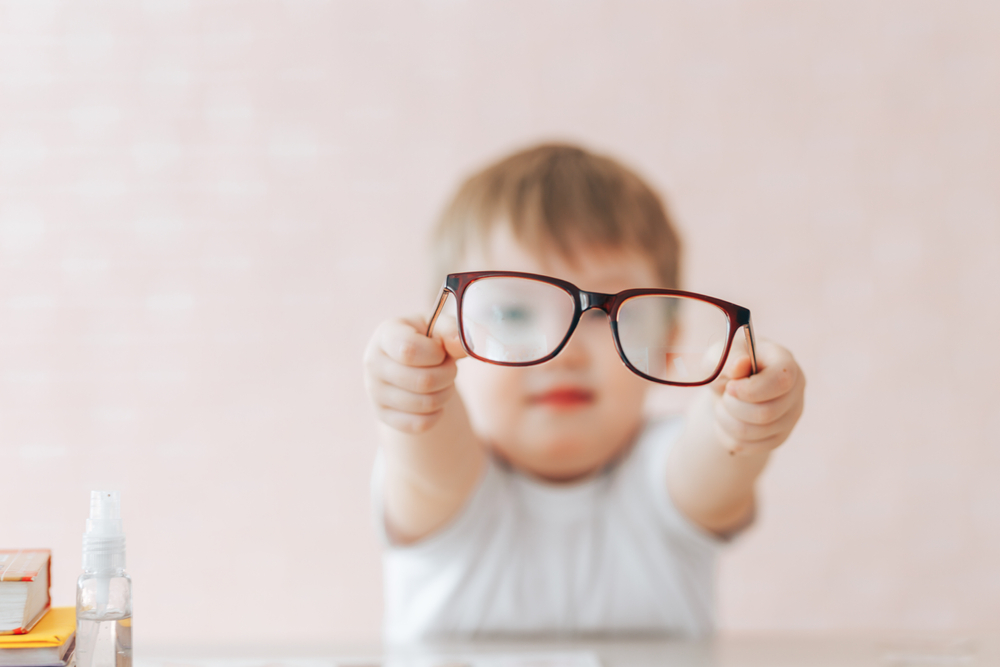
Myopia, also known as nearsightedness, is a common vision condition that affects millions of people worldwide. While environmental factors such as prolonged screen time and reduced outdoor activities contribute to its prevalence, research consistently points to a significant genetic component in the development of myopia. Understanding the link between genetics and myopia can help us take proactive steps to manage and even slow its progression, especially in children.
What Research Tells Us About Myopia and Genetics
Numerous studies have shown that genetics plays a critical role in determining whether an individual is likely to develop myopia. If one parent is myopic, the child’s risk of developing myopia increases significantly; if both parents are myopic, the risk is even higher. Scientists have identified over 40 gene variants associated with myopia, many of which influence eye growth and development.
One of the key findings in genetic research on myopia is its connection to the shape of the eyeball. Myopia occurs when the eyeball grows too long, causing light to focus in front of the retina rather than directly on it. Genetic predispositions may make some individuals more susceptible to these changes, especially during childhood and adolescence, when the eye is still developing.
Environmental Factors
Environmental influences, such as excessive near work (reading, writing, or screen use) and insufficient time spent outdoors, can exacerbate the progression of myopia in genetically predisposed individuals. Studies suggest that children who spend more time outdoors are less likely to develop myopia, as exposure to natural light may help regulate eye growth.
The Importance of Myopia Management
The rising prevalence of myopia, particularly in children, underscores the importance of myopia management. Left unmanaged, myopia can lead to more severe eye health problems later in life, such as retinal detachment, glaucoma, and macular degeneration.
At Manchester Eyecare, we offer evidence-based myopia management strategies to slow the progression of myopia and protect long-term vision health. These strategies include:
Orthokeratology (Ortho-K): Specially designed contact lenses worn overnight gently reshape the cornea, providing clear vision during the day and slowing the progression of myopia.
Atropine Eye Drops: Low-dose atropine has been shown to reduce the progression of myopia in children effectively.
Multifocal Contact Lenses: These lenses are designed to reduce eye strain and control myopia progression.
Lifestyle Recommendations: Encouraging outdoor activities and reducing screen time can complement clinical treatments.
Proactive Steps for Families
If you have a family history of myopia, early intervention is key. Regular comprehensive eye exams can detect myopia in its early stages, allowing us to implement management strategies before it progresses. At Manchester Eyecare, we’re committed to providing personalized myopia management solutions for every patient.
If you or your child are experiencing signs of myopia or have a family history of the condition, schedule an eye exam with Manchester Eyecare to protect your family’s vision for years to come. Visit our office in North Manchester, Indiana, or call (260) 306-3937 to book an appointment today.








